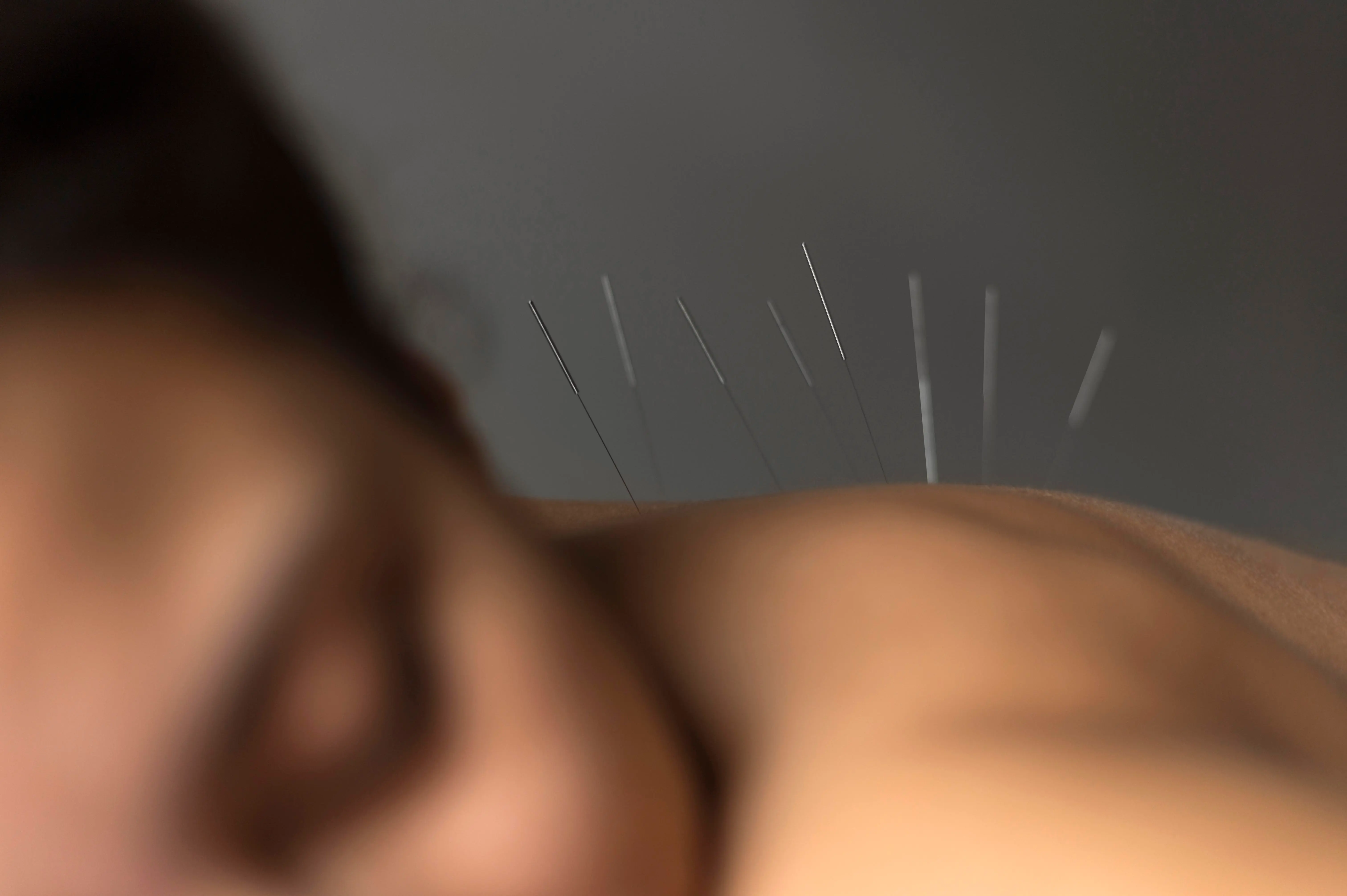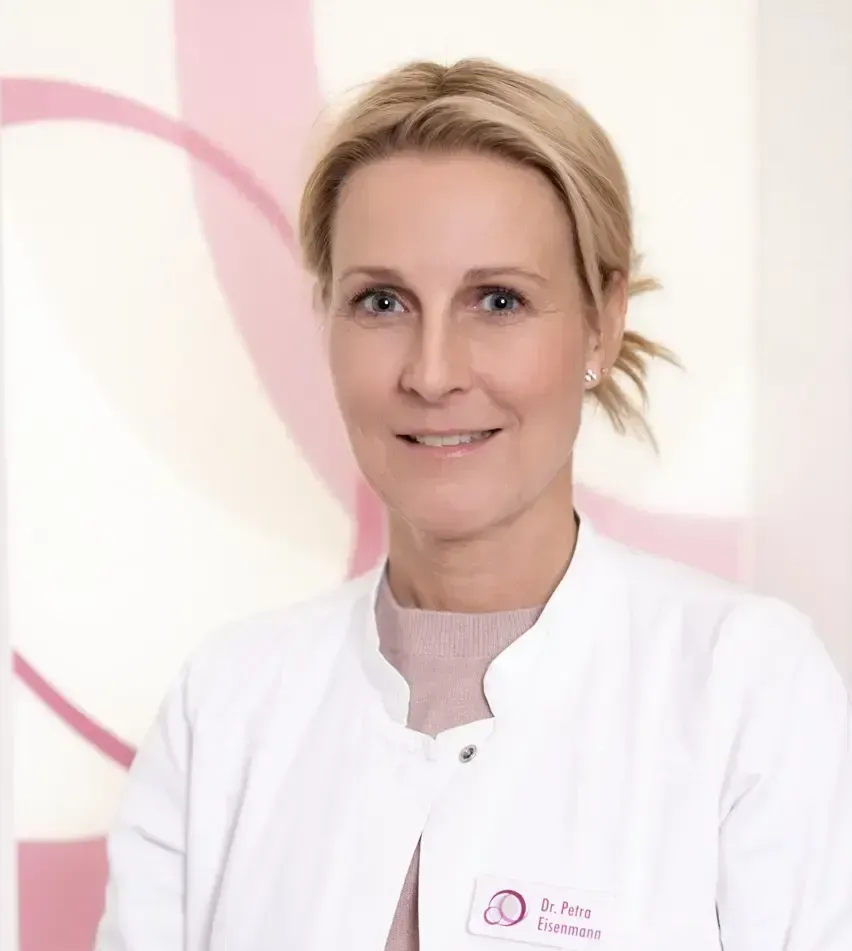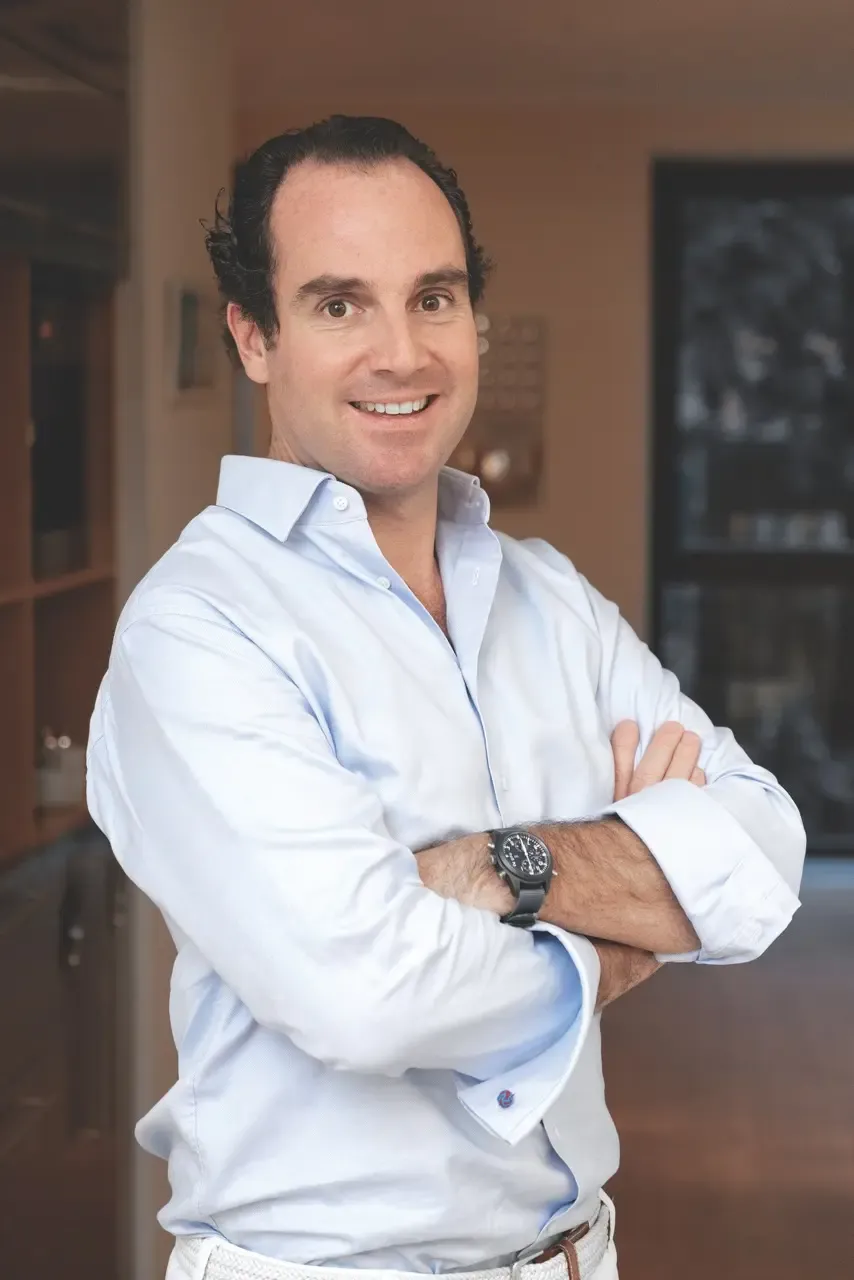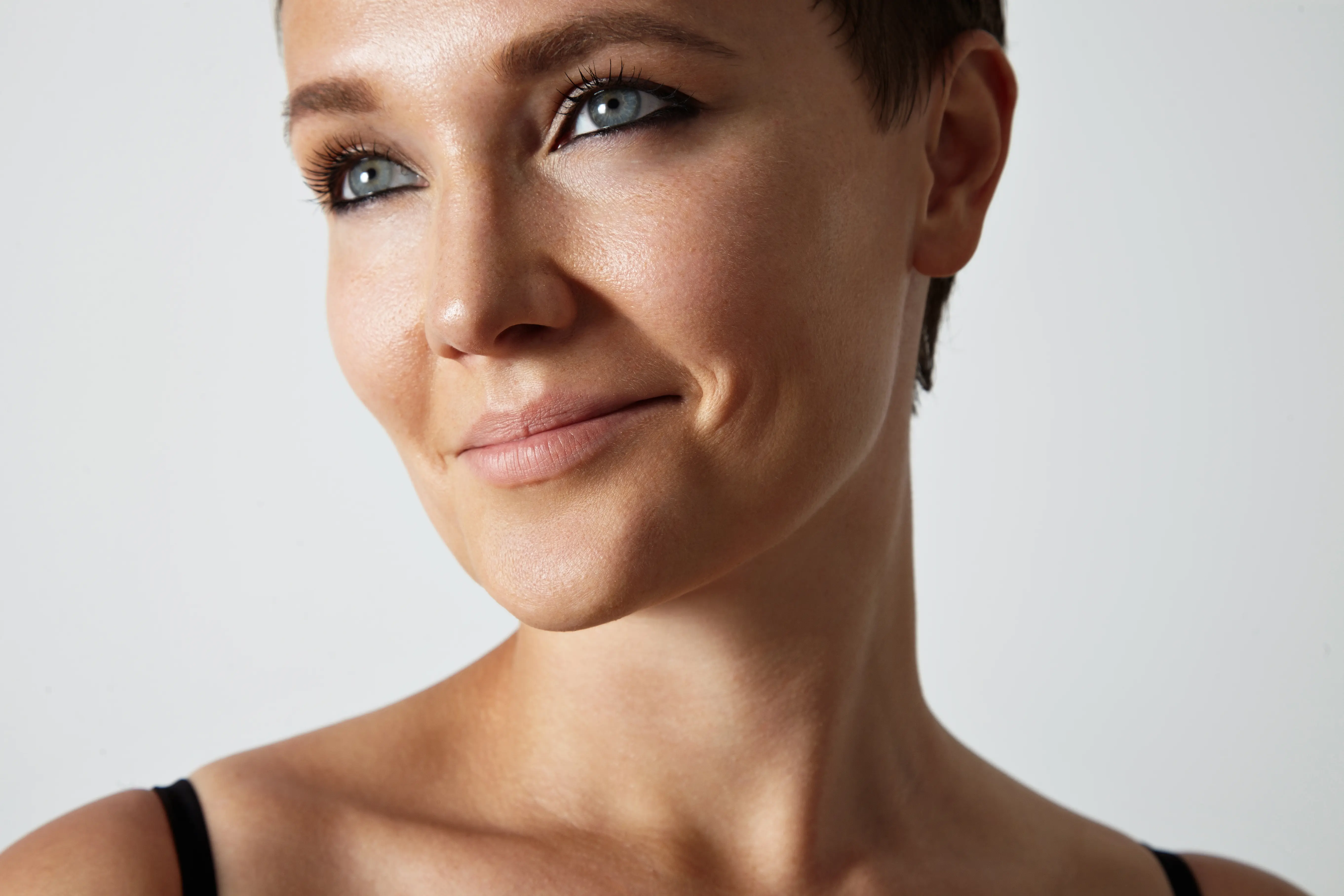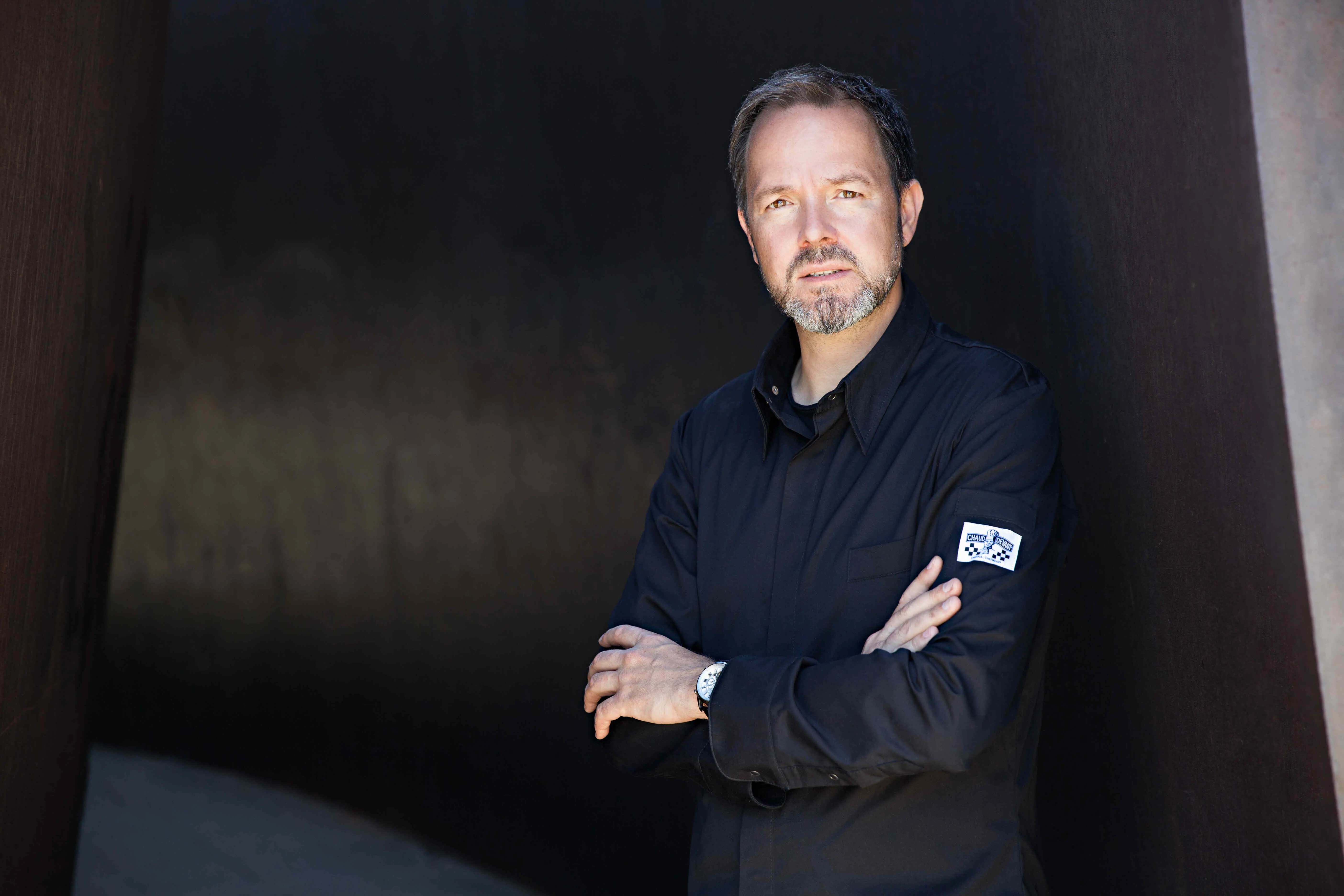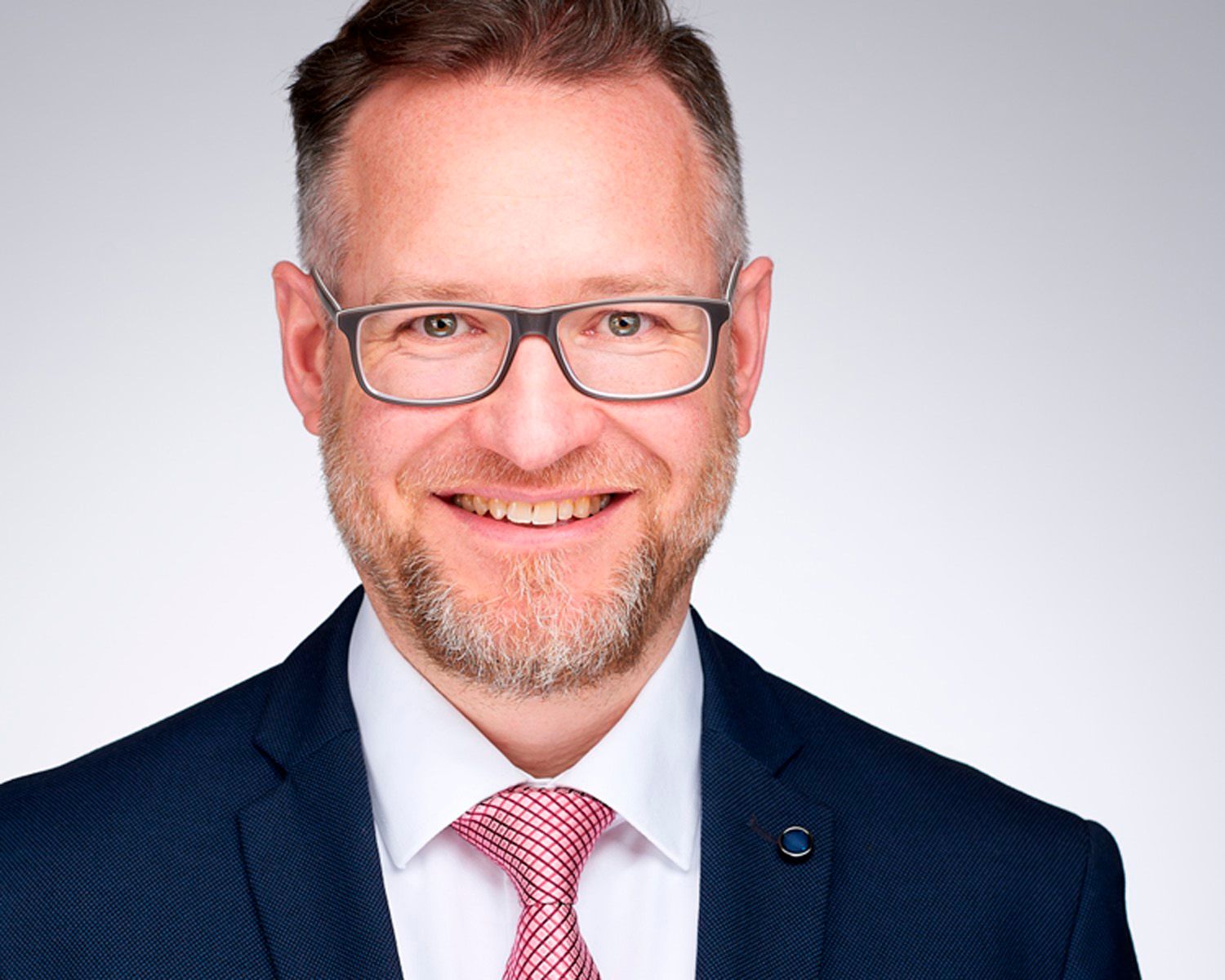
- München & Umgebung
- Mental Health
Priv.-Doz. Dr. Richard Musil
Oberberg Fachklinik Bad Tölz
Services
"We don't want to be an anonymous therapy center, but a place of trust," says PD Dr. Richard Musil, Medical Director and Chief Physician of the Oberberg Specialized Clinic in Bad Tölz. And the specialist in psychiatry and psychotherapy has consistently implemented this since he took over the small clinic two years ago.
The location alone is perfect for letting the soul heal: About 50 kilometers south of Munich, between Tegernsee and Starnberger See, lies the psychosomatic clinic in the Bavarian Oberland. The house in a modern country style is nestled in the so-called spa district and resembles more a spa hotel than a clinic. "Many patients perceive our house as a protected place – manageable and cozy in the best sense," describes the medical director PD Dr. Richard Musil, specialist in psychiatry and psychotherapy. And that is already part of the healing. "We create a 'safe space' where one can come to rest and open up, find orientation or depth."
About 25 patients are on average there – a number that allows for individual care for each. Thus, the atmosphere is almost familial – a central aspect for Dr. Musil. And that is why therapy sessions take place not only in the treatment room, but also once in the cozy farmhouse parlor.
Psychotherapy that gets under your skin.
"Celebrating progress in therapy with my patients, laughing together, and sometimes crying together or enduring the fear together – meeting my patients emotionally at eye level," is what drives Dr. Musil and shapes the daily routine at the clinic. This includes time-consuming rounds and individually tailored treatments – but also the casual moments, like a brief exchange at lunch or in the garden, are understood as part of the healing process. The view into the greenery, a swimming pool, fitness rooms and movement therapy offers support the holistic approach; as well as the kitchen, which cooks according to personal preferences, regionally and seasonally. In addition to classical procedures of the so-called third wave of behavioral therapy (schema therapy, DBT, ACT), alternative methods such as acupuncture.
This is a concept that fully corresponds to Dr. Musil's idea and with which he has started here: to create structures within an manageable framework in which healing is sustainably possible - with a sense for people, pragmatism and scientifically based methods.
"Celebrating therapy progress with my patients, laughing together, and sometimes crying or enduring fears together, emotionally on the same level - that's what drives me."
Priv.-Doz. Dr. Robert Musil
Previously, the native of Munich worked at renowned stations, including Weill Cornell Medical School in New York, McMaster University in Toronto, and for almost 20 years at the Clinic for Psychiatry and Psychotherapy at the Klinikum of the Ludwig-Maximilians-University Munich (LMU), where he was senior physician for 10 years.
Here, he is still responsible for the Tic and Tourette outpatient clinic at the clinic on Nussbaumstraße in Munich, one of the few specialized centers in Germany for this most common neurological disorder in childhood and adolescence.
Dr. Musil is also still connected to LMU as a private lecturer and in research. Among other things, he leads a working group on the topic of weight gain under the intake of psychotropic drugs. His approach: To recognize and counteract the risk, such as for compensatory eating or cravings, as early as possible, before the drug treatment literally becomes a burden.
Acupuncture in Psychiatry?
It is a particular heartfelt concern for Dr. Musil to integrate the body into the psychotherapeutic process - with a method for which he is considered a pioneer and renowned expert: acupuncture. Together with his working group, he has been conducting basic research on the effects of acupuncture in his field for years. In addition, he heads the "Acupuncture in Psychiatry" specialist commission of the German Medical Society for Acupuncture and is co-author of the international guideline of the World Federation of Acupuncture Societies (WFAS). "The effectiveness in psychiatric disorders is proven in many studies," he emphasizes.
Especially in post-traumatic stress disorders, which are often accompanied by intense physical reactions, he has had – even for himself repeatedly – astonishing successes: “Here acupuncture proves to be an excellent instrument.” The setting is more reminiscent of a classic acupuncture treatment than a psychotherapeutic conversation. “The patient lies on the treatment couch and I start with certain regulating standard points. After that, the exposure is initiated.”
"With acupuncture, we achieve an immediate physical regulation - I don't know any other method in this form."
Priv.-Doz. Dr. Robert Musil
While patients are mentally led back to the trauma situation, not only emotions but also physical sensations arise. The acupuncture is then adapted to this reaction. For example, if there is a strong feeling of tightness in the chest, he initially presses specific acupuncture points on the Pericardium meridian, which according to Traditional Chinese Medicine is related to the cardiovascular system and the emotional guidance system. If patients feel relief when pressing a point, the doctor places the needle there. “Ideally, after a few runs, the traumatic image loses its emotional and physical force. It disappears into a kind of inner fog. Patients feel more liberated and can breathe more easily,” reports Dr. Musil. For some, the traumatic images that had haunted them for years were actually erased. The great thing about it: “With acupuncture, we achieve an immediate physical regulation – I don't know any other method like this.”
Holistic and attentive
Being able to help directly – that is what drives the dedicated psychiatrist time and again in his work. “It is this very immediate encounter. When I feel that someone really feels understood and perhaps I was the tool through which that was made possible, then it is simply a great feeling. It is directly noticeable. That is fulfilling and touching!”
His personal mental health tip? „Stress reduction by 'taking oneself not too seriously'," smiles Dr. Musil. And he wants to convey something else, not least through his work: "There is always a way."





